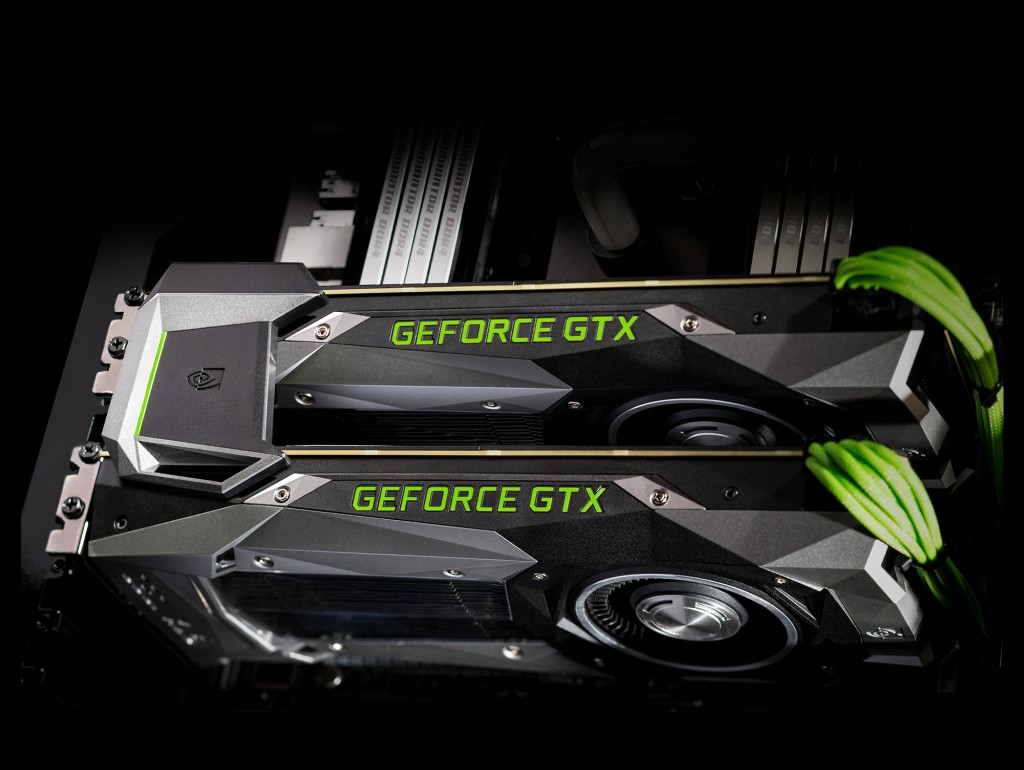We have seen plenty of companies raise their prices following Britain's EU referendum last year. With that in mind, it should come as no surprise to hear that the average trade price of PCs in the UK has shot up by almost a third in the year following. However, there are a few other factors also at play.
According to data collected by analyst CONTEXT and shared by The Register, the average sale price for desktops, notebooks and workstations reached £480 in July and August. This is a 30 percent bump from those same months last year.
Note: This is just a generic picture used for illustration purposes.
The weaker pound will play a part here but it isn't the only cause for a rise in average sale price. CONTEXT believes the currency issue has “had the biggest impact” but component shortages, fewer sales to retailers and a shift to higher-spec PCs will also play a role.
Over the last 12 months, there has been a major shortage in DRAM and NAND components, which has had an impact on pricing. Beyond that, the pound sterling is weaker against the US dollar now compared to before the referendum, acting as another factor. This isn't the biggest surprise though, as the likes of Dell, Apple, Microsoft and Lenovo have all raised prices in the last year.
KitGuru Says: PCs aren't the only things going up in price at the moment. We have also seen game companies like Blizzard and Riot raise prices, as well as smartphone companies like OnePlus.
 KitGuru KitGuru.net – Tech News | Hardware News | Hardware Reviews | IOS | Mobile | Gaming | Graphics Cards
KitGuru KitGuru.net – Tech News | Hardware News | Hardware Reviews | IOS | Mobile | Gaming | Graphics Cards




The global flash memory shortage will have caused a fair chunk of this increase
The problem has always been there, a company charges $500 for a PC component, they still charge £500 for it…
converting $500 to £ directly is only £370
I could accept £400, (import charges etc) – but why should we pay more for things? why do companies ‘match’ the prices, instead of use actual exchange rates?
(look at the Oculus Rift for example, currently $499 and £489 on amazon…)
LOL
And, at the higher end, there’s also been the GPU price surge driven by miners.
At least there’s now a CPU competition now. That’s something…